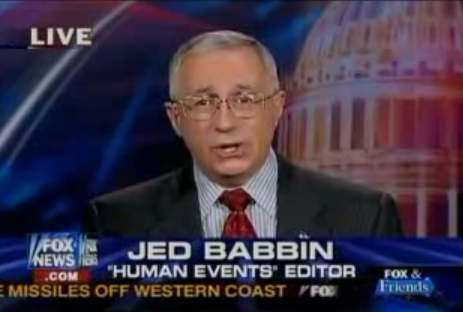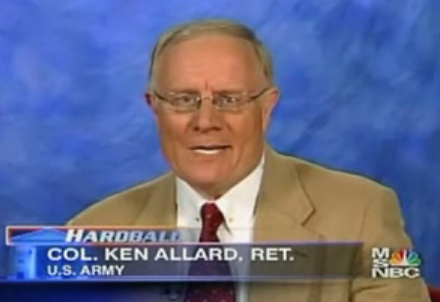Meet the Candidates: Winners of Florida's Congressional Primaries
Each of the 24 Florida congressional incumbents won their parties' nominations in last Tuesday's primary election; in the 25th district there is one open seat due to the retirement of Rep. Dave Weldon (R). According to The Hill, the only one that came close to losing was Rep. Ric Keller (R), who barely beat talk show host Todd Long in the 8th district. The other close primaries were the 3-way battles to challenge incumbents: lawyer Tom Rooney won the Republican nomination to challenge Democratic Rep. Tim Mahoney in the 16th district and lawyer and former Federal Trade Commission official Bill Mitchell won the Democratic nomination to challenge Republican Rep. Gus Bilirakis in the 9th district.
Now that the primaries are over, CQ Politics says the incumbents in danger in November are Democrats Tim Mahoney and Ron Klein and Republicans Tom Feeney, Vern Buchanan, Lincoln Diaz-Balart, Mario Diaz-Balart and Ric Keller.
As part of Congresspedia's Wiki the Vote project, citizen journalists from around the country (and even some candidates!) have been logging information about the candidates' positions, biographies and records. A full list of the candidates and their professions are below, but you can also find them at their respective state portals via the Wiki the Vote project homepage. We need your help to find out more about these candidates, so if you know something about them please add it to their profile. (You can always contact one of the staff editors for help.)

 The morning of June 20, 2006, an
The morning of June 20, 2006, an  Case in point: the
Case in point: the